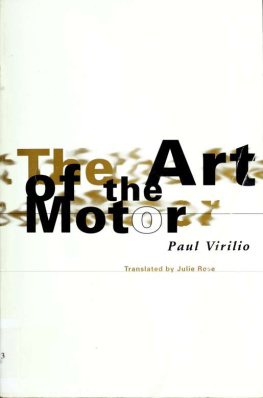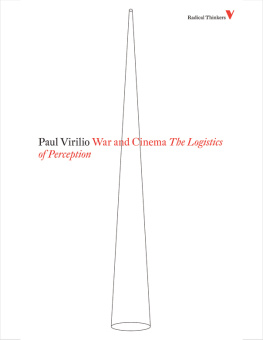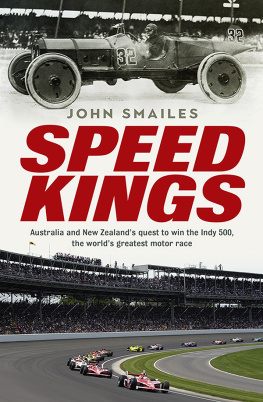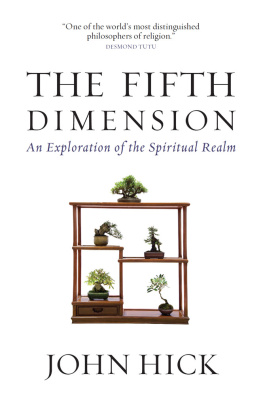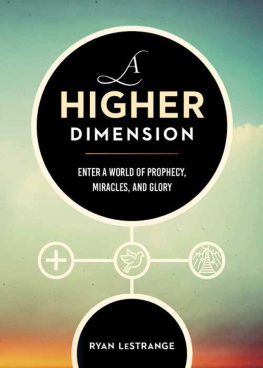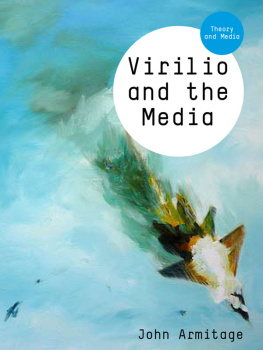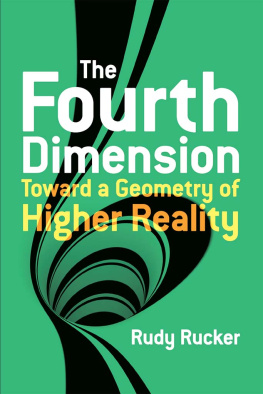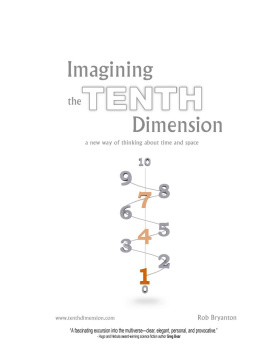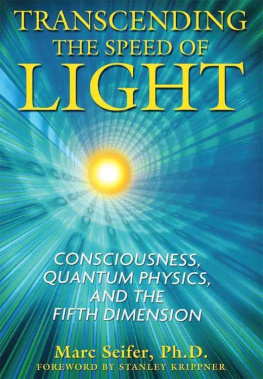This book made available by the Internet Archive.
This story, this episode, this adventure, call it what you will.
CONRAD
THE MEDIA COMPLEX
See all, hear all, then forget.
NAPOLEON
The industrial media benefit from a curious depravity in the laws of democracy. If television and, by osmosis, the press are not at liberty a priori to provide false information, our legislation on the other hand grants them the exorbitant power of lying by omission, by censuring or ruling out news that does not suit them or that might damage their interests.
The fourth estate still the agreed termis thus the only one of our institutions that can function outside any effective democratic control, since the public at large does not get to hear any independent criticism of the media, or of any possible alternative, simply because such criticism does not stand a chance of being broadcast widely and of consequently reaching the general public.
THE MEDIA COMPLEX
A few years ago, an international conference on the freedom of the press acknowledged this fact, drawing the following conclusion:
Freedom of the press and the other media remains an ideal. No one can limit its field, or define with any degree of precision who might actually possess this freedom. 1
The masses are seriously in the dark when it comes to the mass media, so if it is true that in a democracy everyone has a right to information within the provisions of the law, it would seem that the fourth estate lies outside the law or above laws, the latter coming up short right where the media's real field of power begins. This paraconstitutional position of the large-scale industrial media can be explained quite simply, however. Montaigne claimed that laws are based on customs dictated by the fluctuating sea of a people's or a prince's opinions. If this is so, then the mass media, which enjoy the power of managing information and thereby of whipping up the fluctuating sea of public opinion, would have a field day with social customs and morals and with them the whole set of vague rules and prohibitions that go to make up legislation they have secretly been inventing for ages. This happens under any and every political or economic regime.
Yet having in the past two hundred years reached an apogee from where it decrees the law, the fourth estate is now witnessing the compromising of its splendid isolation. All the opinion polls point to this; rare are those who would
THE MEDIA COMPLEX
still insist, as Thomas Jefferson once did, that the freedom of the media is the most effective way to the truth or that information processing is "objective."
Left to their own devices at the end of the age of dissuasion, the industrial media have gone the way of all mass production in recent years, from the necessary to the superfluous, to the ugly free-for-all of deregulation and increasingly ferocious internecine struggles. Their power to denounce, to reveal, to flaunt has been growing endlessly to the detriment of the now precarious privilege of dissimulationso much so that currently the real problem of the press and television no longer lies in what they are able to show as much as in what they can still manage to obliterate, to hide. Until now, this constituted the essential nature of their power. "The media are not a fourth power, they are a counterpower," the journalist Jacques Derogy recently claimed. "They cause all that is opaque or secret to fade away."
A brave champion of investigative journalism, Derogy cannot seem to see the dangers of the general "bringing to the surface" that is threatening the small screen with extinction in the short term, just as it threatened the big screen twenty years agowhich at the time seemed unimaginable. In fact, if we are to believe filmmaker Ray Harryhausen, it is the disappearance of censorship that has gradually sterilized cinematographers' and viewers' imaginations before going on to bring down the commercial cinema, with theaters closing down and film studios being sold off all around the globe.
THE MEDIA COMPLEX
Television's position is similarly critical, with the anarchic proliferation of private, cable, and Hertzian channels and the spread of zapping. Things have degenerated since the abolition of the previous geopolitical limits of our field of vision with the unveiling, in the space of a few months, of a world till then hidden from the West's camera lenses, behind the opacity of the Iron Curtain or the Berlin Wall.
Against all the odds, the fourth dimension of Live TV, thought to be an extraordinary freeing of the media, would go on to seriously undermine media credibility. In other words, the very reality of the facts so smugly illuminated by the cameras; and this process would go as far as including any notion of media truth.
Less than two years after its international triumph in the Gulf War, CNN is in serious trouble; the Wall Street Journal of April 6, 1993, reveals that Ted Turner is having real financial difficulties.
Without visual limits there can be no, or almost no, mental imagery; without a certain blindness, no tenable appearance. To want the total image to triumphthe way the materialists, followed by the documentary makers of the turn of the century, dreamed about in relation to the "great object"; to desire that spectators be "equal before the image" as advertising agents once did, and then partisans of cathode tube democracy, "means to denude oneself before the ghosts.... It is on this ample nourishment that they multiply so enormously.... The ghosts won't starve, but we will perish," Kafka writes to Milena in 1922, a year before his own death. 2
THE MEDIA COMPLEX
The question now is how far the media can compromise themselves with the nouveau spectaculaire arising from the urgency of real-time technologies and that has now infiltrated the entire network of mass communications, in the West as in the East, spreading its net indifferently across political, economic, social, or legal information to the pseudoentertainment, freed from any form of censorship, that includes live talk shows, video clips, pornography, and interactive games.
Aware of the specific risk the mass media are running, an English press baron named Andreas Whittam Smith launched a preemptive strike at the end of the 1980s. Smith drew up a deontological chart in which every case scenario was carefully examined: the circumstances in which invasion of privacy is permissible, the issue of material, under-the-counter benefits, and, in particular, the extent of right of reply?
Smith's initiative was quickly followed by eleven other English newspapers, as well as El Pais and La Repubblica shortly after. This was no sudden bout of puritanism. It was about dealing with what was most pressing while preserving the institution's principal prerogative at all costs: the power to dissimulate.

